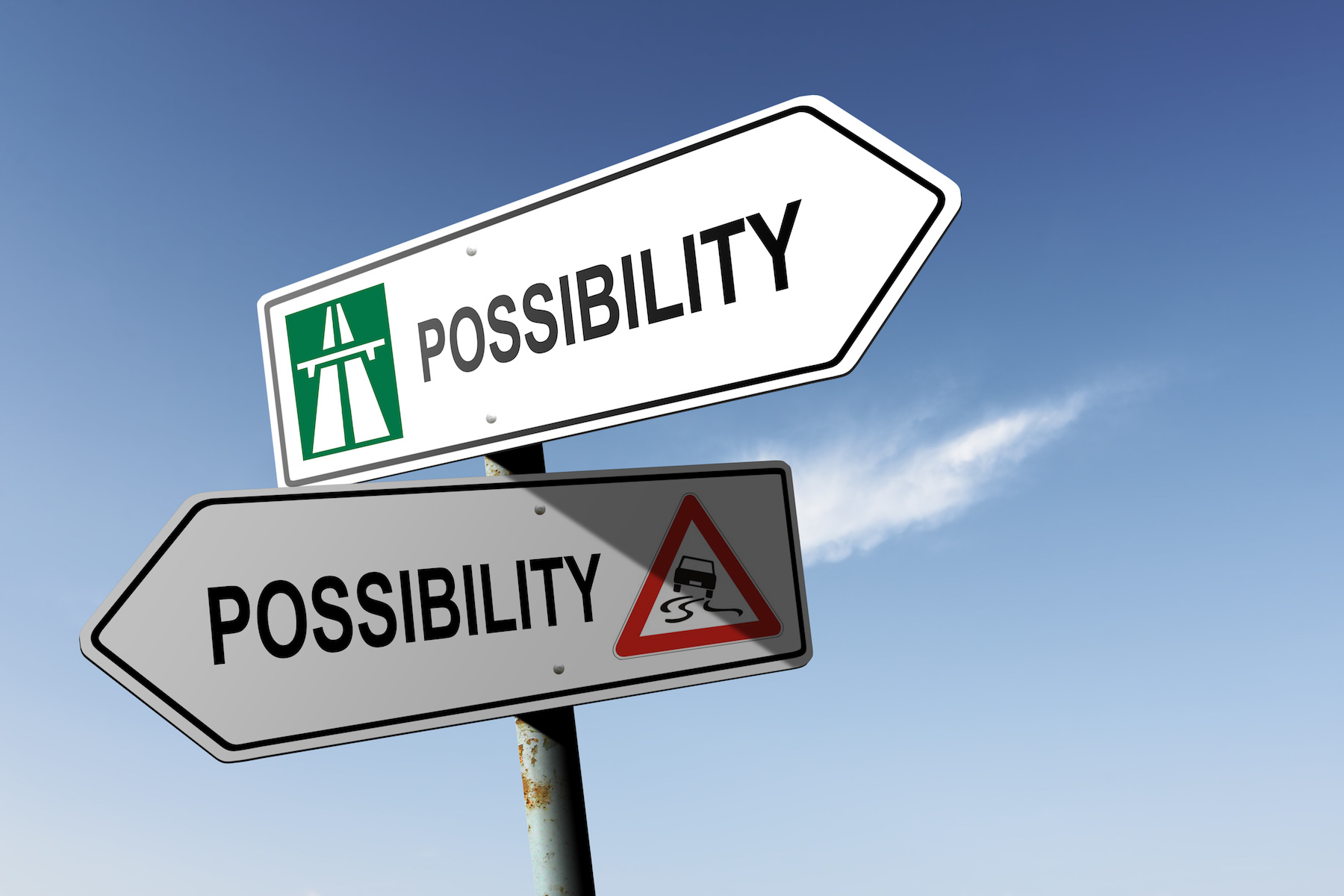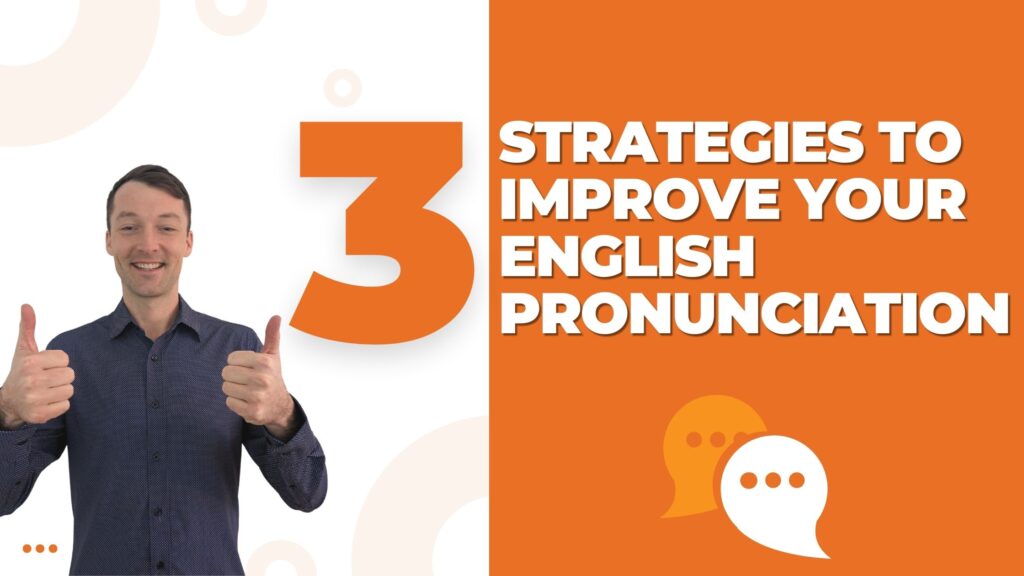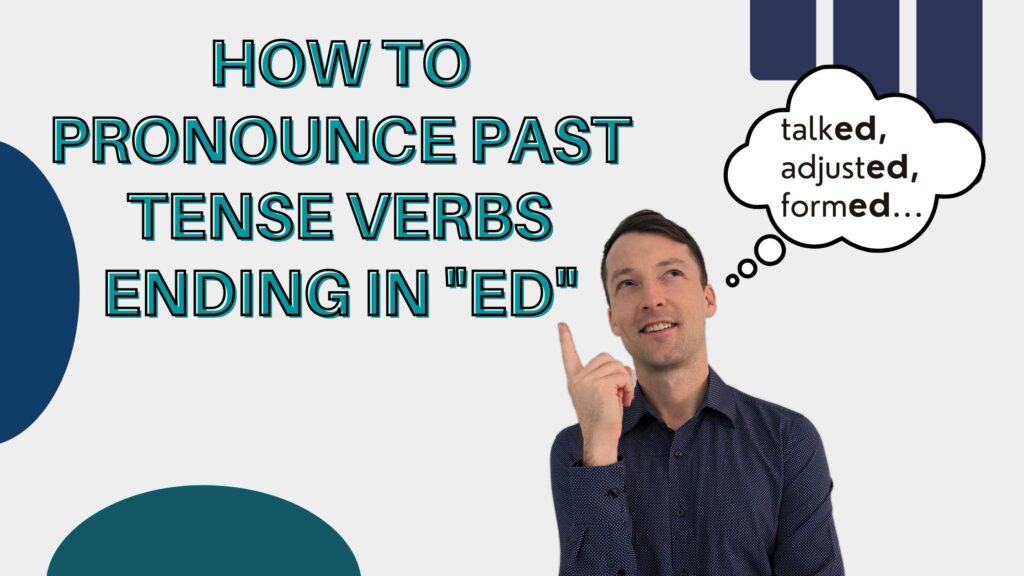Perfect modal in English work in similar ways to perfect verb tenses. We form them with the verb have and the past participle of the main verb. When we change an ordinary modal verb to a perfect modal, we change the meaning. In this post I will talk about how to form and use perfect modals. There will be many example sentences. The download at the end will give you additional practice using perfect modals.
What are perfect modals?
We form perfect modals with have and the past participle. We always use the following formula to make a statement with perfect modals:
subject + ordinary modal + have + past participle
To ask a question, we reverse the subject and the ordinary modal.
ordinary modal + subject + have + past participle
Perfect modals of ability, permission, and possibility
When ordinary modals become perfect modals, they often express possibility, even if the ordinary models suggested other things.
The ordinary modals of ability are can and could. The perfect modal of ability is could have + past participle. Look at this sentence:
He could have driven himself to work today.
This sentence has several meanings.
- He had the ability and/or permission in the past to drive himself to work.
- It is possible that he drives himself to work, but we are not 100% sure.
In this case, could have…becomes a modal of possibility.
Now look at the negative.
He couldn’t have driven himself to work today.
This sentence also has two meanings.
- He did not have the ability and/or permission to drive himself to work.
- We are 100% sure that he did not drive himself to work.
This is stronger than the same sentence in the affirmative.
Here is a question.
Could he have driven himself to work today? I’m not sure. Maybe.
Perfect modal of permission and possibility
The ordinary modals pf permission are can and may. The ordinary modals of possibility are may and might. When these modals become perfect modals, they all become modals of possibility. Look at these sentences.
- Carlos may have fixed his car if he had had the chance.
This is something that could have happened, but we are not sure. There is also some regret that he never had the chance to fix his car.
- I might (have studied harder if I had known that the test would be this hard.
This also expresses possibility. I am not sure I would have studied harder, but it’s possible. Again, I regret not studying harder.
- She might not (may not) have come if she had known it would snow.
We are not 100% certain that she would have stayed home because of the weather, but it is possible. She may regret going out in the snow.
To ask a question, use would.
Would you have studied harder if you had known how hard the test was? I probably would have. The perfect modal would have expresses regret for what I did not do.
Perfect modals of advice
You may be familiar with the ordinary modals of advice, should, ought to, and had better. Look at these sentences when they are changed to perfect modals.
- I should have called you before I left.
This expresses regret that I did not call you.
- They ought to have finished working by now.
This is a deduction or a conclusion. It is 8:00 pm. The workday is long over. We can also say, “They should have finished working by now.” The two sentences have the same meaning.
- He had better have paid the rent today!
This is a strong statement meaning that if he did not pay the rent today, he may lose his home.
To ask a question, use should have.
Should I have called you before I left? Yes, I would have appreciated it.
The perfect modal would have
The perfect modal would have… is often used in a conditional sentence to express regret.
I would have bought a better car if I had known that this one would break down. This expresses regret that I bought the wrong car. The condition was that I did not know that the car I bought had problems.
This perfect modal can also express possibility when used in a question.
Would he have taken the train to work if it stopped near his house? Maybe. It’s possible.
Perfect modals of necessity and obligation
The ordinary modals of necessity and obligation are must and have to. Let us see what happens when they become perfect modals.
- He must have seen the Statue of Liberty. He came to New York by ship.
This is no longer a modal of necessity. It is now a deduction. Everyone who comes to New York by ship sees the Statue of Liberty, so I am sure that he saw it.
- She has to have read that book. Her professor assigns it every year.
This is also a deduction.
- We must not have filled out the forms correctly. They didn’t process our credit card application.
This is also a deduction. Not that we use must not for the negative, not mustn’t.
We ask a question with these perfect modals a little bit differently. We use the simple past tense. Since I am not sure of the answer, I am answering with a modal.
Did she work hard all of her life? Yes, she must have. She was never home with her family.
No, probably not. She may have taken too many days off.





Excellent! Really helped me.